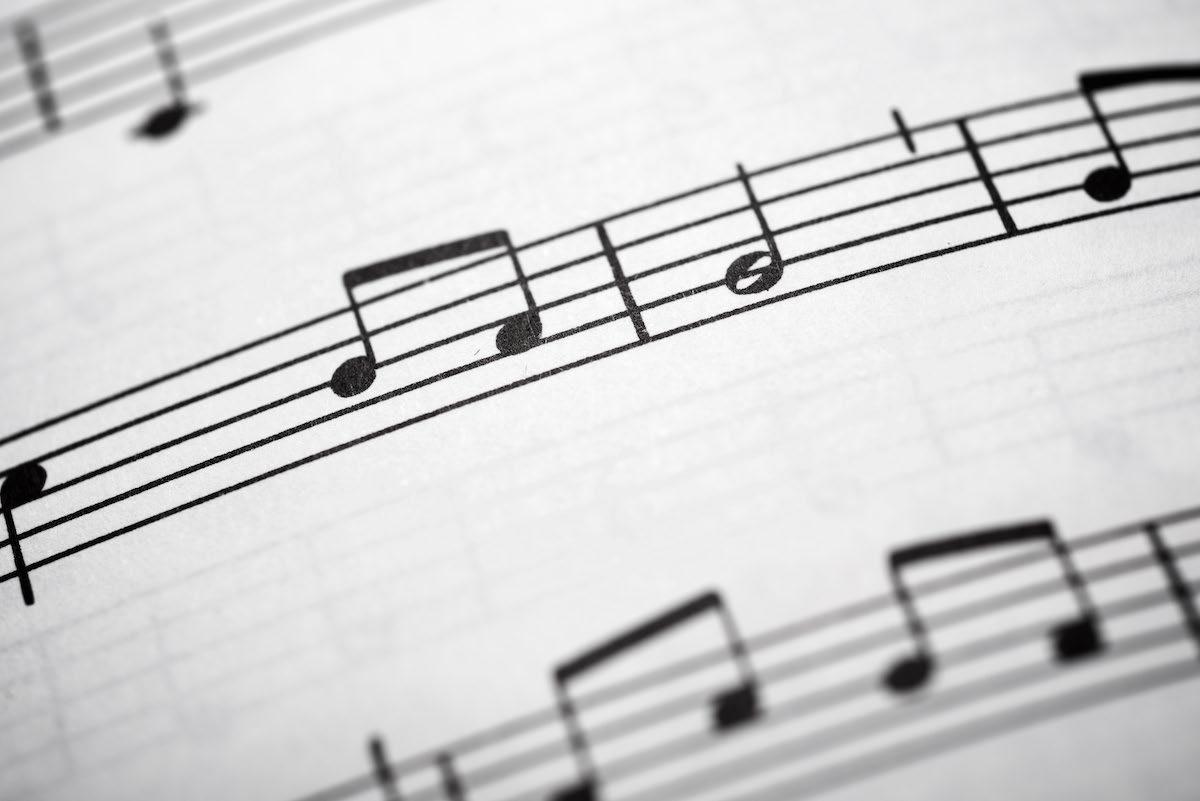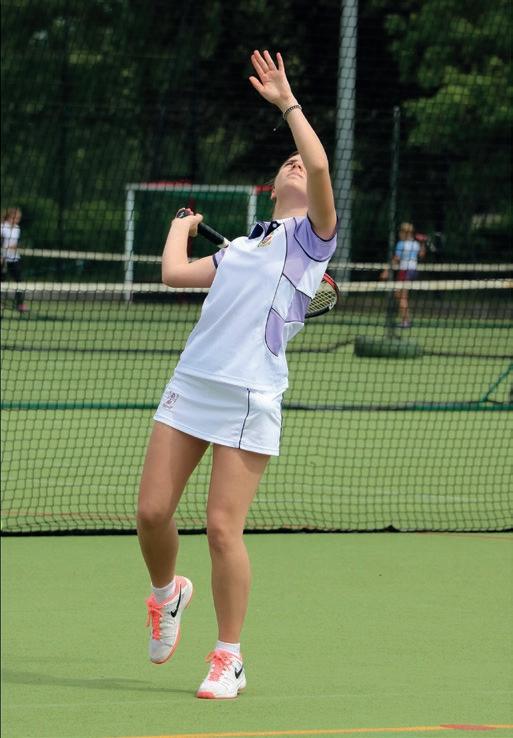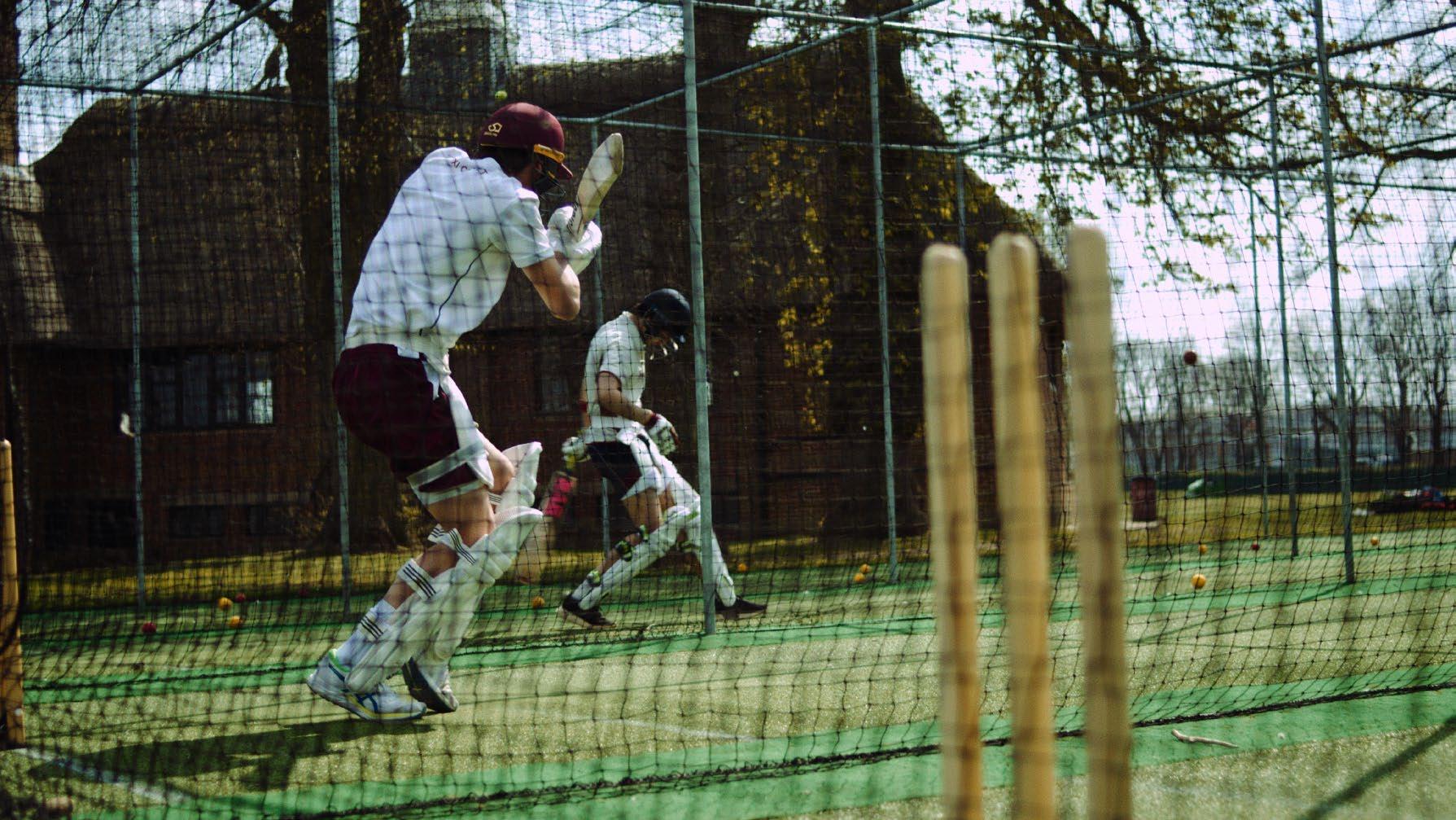
4 minute read
Music
from GCSE Options
GCSE Music is for you, if you enjoy playing your instrument or singing, and you want to extend your musical skills and understanding. You will be encouraged to engage critically and creatively with a wide range of music, develop an understanding of the place of music in different cultures and contexts and reflect on how music is used in the expression of personal and collective identities. At Wellingborough, most pupils who study Music in Year 10 are of about Grade 4 standard or higher on voice or an instrument when they start the course, but there is no requirement to have taken the examination.
In GCSE Music pupils will study and listen to a wide range of music. You will learn how to compose for your own instrument and for two or more instruments playing together. You will perform as a soloist and in groups. A typical lesson will be a mixture of at least two of these activities.
The music you will study comes from four different areas:
Instrumental Music 1700-1820 Vocal Music Music for Stage & Screen Fusions
- J.S. Bach: 3rd
Movement from
Brandenburg
Concerto no.5 in D major - L. van Beethoven: 1st Movement from Piano
Sonata no.8 in C minor ‘Pathetique’ - H. Purcell: Music for a While - Queen: Killer Queen (from the album ‘Sheer Heart Attack’) - S. Schwartz: Defying Gravity (from the album of the cast recording of Wicked) - J. Williams: Main title/rebel blockade runner (from the soundtrack to Star Wars Episode IV: A New Hope) - Afro Celt Sound System: Release (from the album ‘Volume 2: Release’) - Esperanza Spalding: Samba Em Preludio (from the album ‘Esperanza’)
Your two performances (of music of your own choosing) will be recorded during the course. Your two compositions will also be done as coursework. At the end of the course, in May 2022, you will take the Listening Examination in which you will hear extracts from the pieces you have studied and answer questions about them.
The best reason for taking GCSE Music is your own enthusiasm for music, of whatever sort. By the time you finish the course you will have taken your first steps as a composer, you will be performing with more understanding and enjoyment and you will have discovered whole new areas of music to explore.
Mr I Runnells Director of Music
Physical Education
The aim of the course is to provide pupils with opportunities to lead a healthy and active lifestyle by improving their understanding of sports through studying theoretical content and developing skills of planning, performing and evaluating physical activity. It provides a foundation for A Level study in Physical Education and Sport.
Course Outline
Subject content
1. Applied anatomy and physiology 2. Movement analysis 3. Physical training 4. Use of data 5. Sports Psychology 6. Socio-cultural influences 7. Health, fitness and well-being
Assessments

Paper 1: The human body and movement in physical activity and sport Paper 2: Socio-cultural influences and wellbeing in physical activity and sport
- Written examination - 1 hour 15 minutes - 78 marks - 30% of GCSE
What is assessed? - Applied anatomy and physiology - Movement analysis - Physical traning - Use of data - Written examination - 1 hour 15 minutes - 78 marks - 30% of GCSE
What is assessed? - Sports psychology - Socio-cultural influences - Health, fitness and wellbeing - Use of data
Questions
All questions are compulsory and a mixture of multiple choice/objective test questions, short answer questions and extended answer questions.
1. Applied anatomy and physiology: develop knowledge and understanding of the key body systems and how they impact on health, fitness and performance in physical activity and sport.
2. Physical training: develop knowledge and understanding of the principles of training and different training methods in order to plan, carry out, monitor and evaluate personal exercise and training programmes.
3. Use of data: develop knowledge and understanding of data analysis in relation to key areas of physical activity and sport.
4. Sports Psychology: develop knowledge and understanding of the psychological factors that can affect performers in physical activity and sport.
5. Socio-cultural influences: develop knowledge and understanding of the social-cultural factors that impact on physical activity and sport and the impact of sport on society.
6. Health, fitness and well-being: develop knowledge and understanding of the benefits of participating in physical activity and sport to health, fitness and well-being.
Non-examination assessment: Practical performance in physical activity & sport
What is assessed? How is it assessed?
- Practical performance in three different physical activities in the role of player/ performer - Analysis and evaluation of performance to bring about improvement in one activity.
- Assessed by teachers
- Moderated by AQA
- 100 marks
- 40% of GCSE
For each of their three activities, pupils will be assessed in skills in progressive drills (10 marks per activity) and in the full context (15 marks per activity).
Pupils will be assessed on their analysis (15 marks) and evaluation (10 marks) of performance to bring about improvement in one activity; this is a piece of written coursework. Each of the activities are worth 10% (total 30%) and the coursework is worth 10% to reach the 40% total.
For the practical aspect, candidates must therefore undertake one team activity, one individual activity and a third in either a team or in an individual activity.










